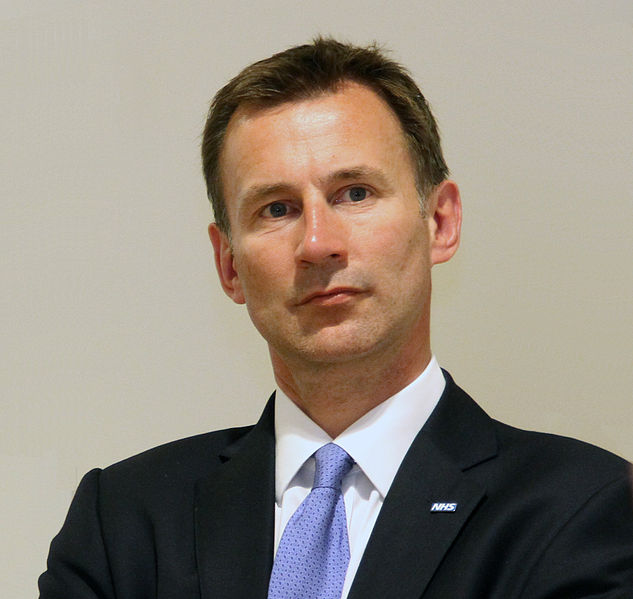
A think tank has urged Britain's Finance Minister, Jeremy Hunt, to resist the temptation of implementing pre-election tax cuts and instead focus on bolstering investments in critical areas like
infrastructure and skills. According to the National Institute of Economic and Social Research (NIESR), if current trends continue, it will take until the end of 2026 for the bottom 50% of earners in the country to see their inflation-adjusted incomes return to pre-COVID levels.
The NIESR suggests that the most effective way to revitalize the sluggish economy is to increase public investment to 3% of the gross domestic product (GDP) annually and provide incentives for companies to invest more as well. While British public investment is expected to be around 3% of GDP this year, it is projected to drop to approximately 2% in the coming years, resulting in an annual difference of around £30 billion ($37 billion).
Stephen Millard, Deputy Director at NIESR, emphasized that if the government has the fiscal capacity, their primary focus should be on increasing public investment. He cautioned against pre-election tax giveaways, highlighting the importance of addressing economic challenges.
Jeremy Hunt has indicated that significant tax cuts in his upcoming budget update speech on November 22 are unlikely as he concentrates on combatting high inflation. However, some analysts believe that tax cuts may become a reality before the election, which must occur by January 2025. The Conservative Party, to which Hunt belongs, currently lags behind the opposition Labour Party in public opinion polls.
The Labour Party has pledged to boost business investment and establish a national wealth fund to encourage private investment. The government has introduced reforms to encourage major pension funds to invest in infrastructure and is reportedly considering additional incentives for business investment.
Adrian Pabst, another Deputy Director at NIESR, recommended that regional and central government work closely together to enhance long-term investments in infrastructure, skills training, public housing, and social care. Higher public investment is expected to stimulate private investment and enhance Britain's weak productivity growth, which is crucial for long-term improvement in living standards.
NIESR's forecasts anticipate a modest economic growth of 0.6% and 0.5% in 2023 and 2024, with growth gradually increasing to 1.0% in 2025 and 1.7% by 2028. However, these growth rates remain below the average levels before the 2008-09 financial crisis.
Jeremy Hunt is likely to have sufficient fiscal flexibility to increase public investment, partly due to the erosion of nominal debt caused by high inflation, according to Stephen Millard.
NIESR's forecasts also indicate that inflation will decrease to 2% by the end of 2025, in line with the Bank of England's projections. They suggest that the Bank of England's benchmark interest rate has likely peaked at its current level of 5.25% and will stabilize at a range between 3% and 3.5%. Photo by Ted Eytan, Wikimedia commons.




































